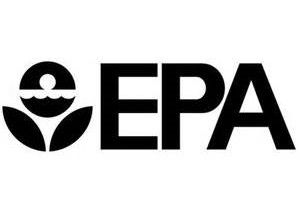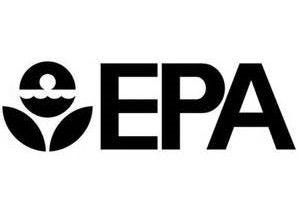CropLife petitions EPA stick to science
EPA to asked to stop using studies that are not backed by sound science or quality data.
December 5, 2016

CropLife America (CLA) petitioned the U.S. Environmental Protection Agency to halt regulatory decisions that are highly influenced and/or determined by the results of epidemiological studies that do not meet well-defined data quality standards and that are not integrated into the human health risk assessment of crop protection products in a transparent, well-defined manner. Some say it may be the latest effort to block the agency from finalizing its decision to revoke the tolerances for chlorpyrifos.

The petition requested that EPA cease regulatory decision-making with respect to any organophosphate (OP) pesticide where: (1) that decision-making is based primarily on results from epidemiological studies that do not meet well-defined data quality standards and (2) where the public has no means of knowing how EPA is determining the data quality of such studies or how they are being integrated into the risk assessment.
CLA said the petition follows what has been the ongoing process of registration review of various OPs, which has included multiple scientific advisory panels (SAPs) that have found that the epidemiological studies being used are of questionable value and lack the quality data needed to inform regulatory decisions. The industry group said EPA’s human health pesticide risk assessment process has traditionally relied on validated toxicological studies using laboratory assessments and study data to estimate the potential exposure to the pesticide chemical based on the proposed use of the pesticide product. Epidemiological studies have not been uniformly or consistently incorporated into a quantitative risk assessment, due to the observational nature of epidemiological research. Often, epidemiological studies cannot speak to causality due to questions related to the study design, the population studied and a lack of clear evidence of the magnitude and duration of exposure during critical phases of development.
“The process EPA is pursuing regarding OPs is concerning to the agriculture community,” stated Jay Vroom, president and chief executive officer of CLA. “If EPA continues to rely on epidemiological studies that do not meet well-defined data quality standards, we could see catastrophic results, with farmers across the world unable to access important tools to fight crop threats.”
“CLA recognizes that epidemiological studies can provide important data for risk assessment, but this does not mean that such studies are equally relevant or reliable,” said Dr. Janet E. Collins, executive vice president for science and regulatory affairs at CLA. “EPA should cease further action on regulatory decision-making that finds epidemiological study results to be determinative until the agency can establish data quality criteria against which such study results can be evaluated and EPA can clearly articulate how it will determine the value of the study outcomes to the weight of evidence in a human health risk assessment in the context of the traditional empirical data.”
CLA requested a response to the petition within 45 days.
You May Also Like



